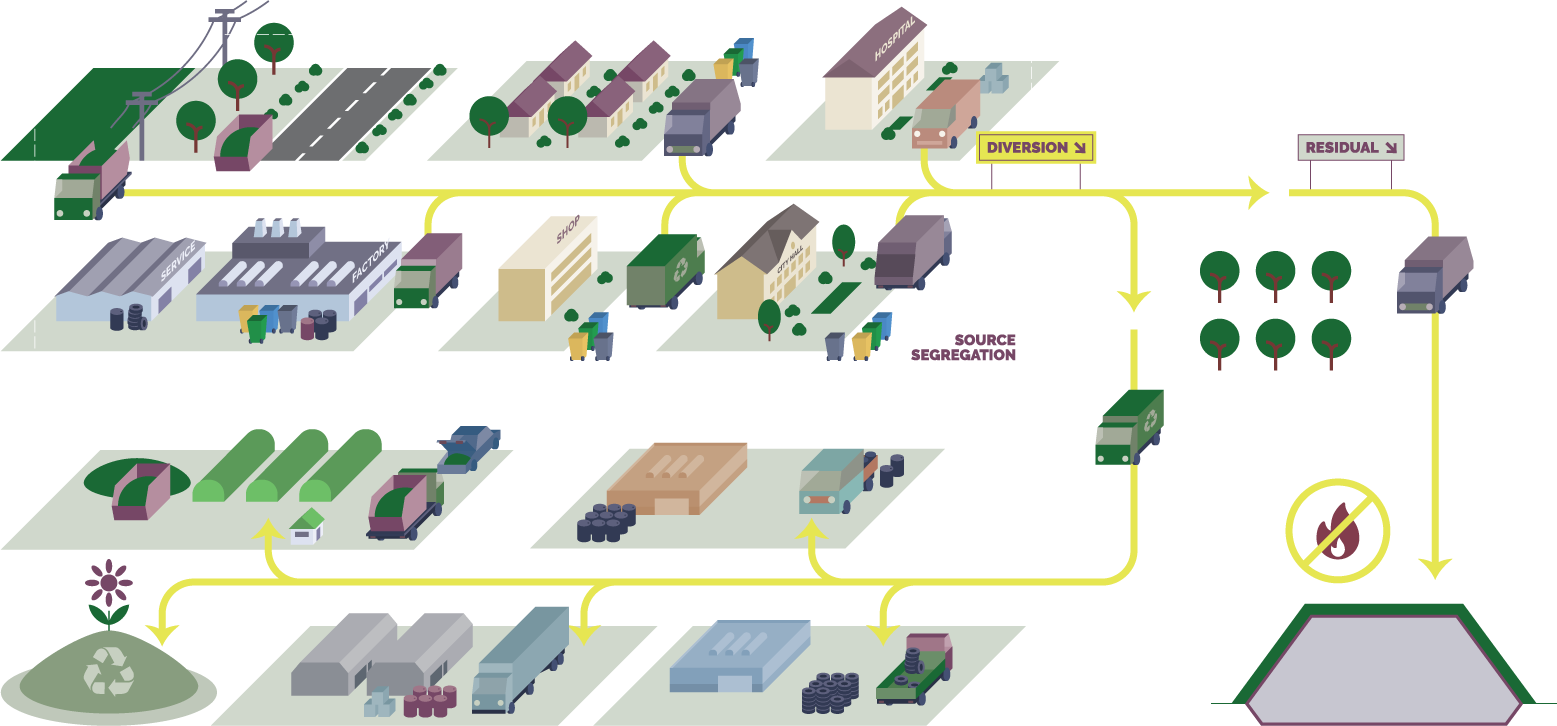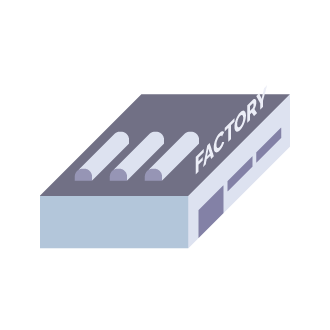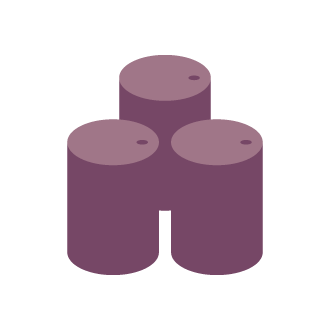A waste management systems approach
It’s about the journey, not just the destination!
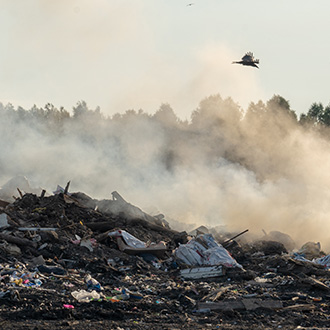
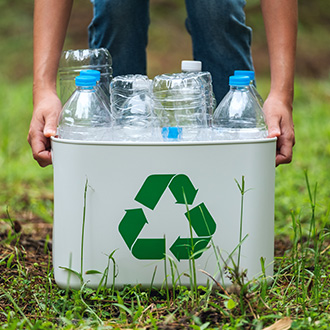
Waste management and UPOPs
The resources provided on this website are aimed at promoting the reduction of emissions of Unintentional Persistent Organic Pollutant (UPOPs) in Caribbean countries by improving waste management practices at landfills. Improving waste management practices at landfills requires more than just a focus on the technical landfill operations, it requires the entire waste management system to be considered.
Waste
Generation
Packaging, electronics, household cleaners, laboratory chemicals, pesticide containers… our waste streams are becoming increasingly complex. To improve the management of waste, we must first understand what, where, when, why, and how much is being generated. Understanding this is the first step to planning and improving its management.
Source
Segregation
The types of waste generated often require very different management approaches. To ensure the best quality of material is recovered and directed to the most appropriate management option, it is essential to segregate the target material from other wastes as early as possible. Segregating and collecting the target waste material at the point of generation has many benefits, not only for recovery of that material, but for easing the management of other waste streams. But which materials do we prioritise and how do we do it?
Recovery
FOGO Composting
Food Organics and Garden Organics (FOGO) in landfills produce flammable and explosive methane gas (a potent greenhouse gas), and cause challenges to landfill operations. Due to their bulkiness, large branches cannot be easily compacted and tend to become tangled around machines, thus trapping oxygen in waste. If this oxygen builds up in sufficient quantities, it can sustain fires with methane as a fuel, and as a result, can hinder the application of cover material. Organic materials also decompose to generate leachate, which can transport pollutants from other wastes in the landfill into the environment. Composting FOGO therefore provides an alternative solution to the landfilling, dumping and burning of organic waste.
Recovery
Waste Oils
As our usage of vehicles and electrical generators has increased, so too has our need to change motor oils and oil filters. Environmentally sound recovery options for used oils and oil filters are not common in Small Island Developing States (SIDS) with oil inevitably being mismanaged, often ending up in landfills where they present numerous challenges, including sustainment of landfill fires, or entry and pollution into the environment through other routes. Appropriate and economically sustainable solutions are required for oils which are collected and segregated at source.
Recovery
Waste Tyres
Waste vehicles tyres are an increasing challenge in SIDS where appropriate waste management options often don’t exist. Banned from landfills, expensive to manage, and breeding grounds for mosquitoes when stockpiled, they often end up catching fire with subsequent UPOPs and short-lived climate pollutants are emitted. Alternatives to stockpiling tyres and risking large scale highly polluting fires are required.
Hazardous Waste
Interim Storage Facility
As there are limited facilities available for the recovery and elimination of hazardous waste in SIDS, many hazardous waste streams must be exported for environmentally sound management. This is best conducted when a critical mass of materials is safely accumulated, packaged and coordinated for compliant shipment. While accumulating and storing the waste, skilled personnel at an appropriate Hazardous Waste Interim Storage Facility are required in country. Specific design and operational considerations are required for such facilities.
Landfill
Operations
Landfills are an essential foundation of SIDS waste management systems. They enable the safe and controlled disposal for residual wastes that cannot be managed by any other means. However, the disposal of waste to landfill sites must be closely controlled and monitored to prevent them from polluting air, land, or water and causing human, animal, or other harm as well as prevent them from filling too quickly (SIDS are short of land for new sites). Managing these sites requires planning, financing, and skilled engineering.
Funded by
Global Environment Facility (GEF)

Implemented by
The United Nations Industrial
Development Organization (UNIDO)

Executed by
The Basel Convention Regional Centre for Training and Technology
Transfer for the Caribbean (BCRC-Caribbean)


